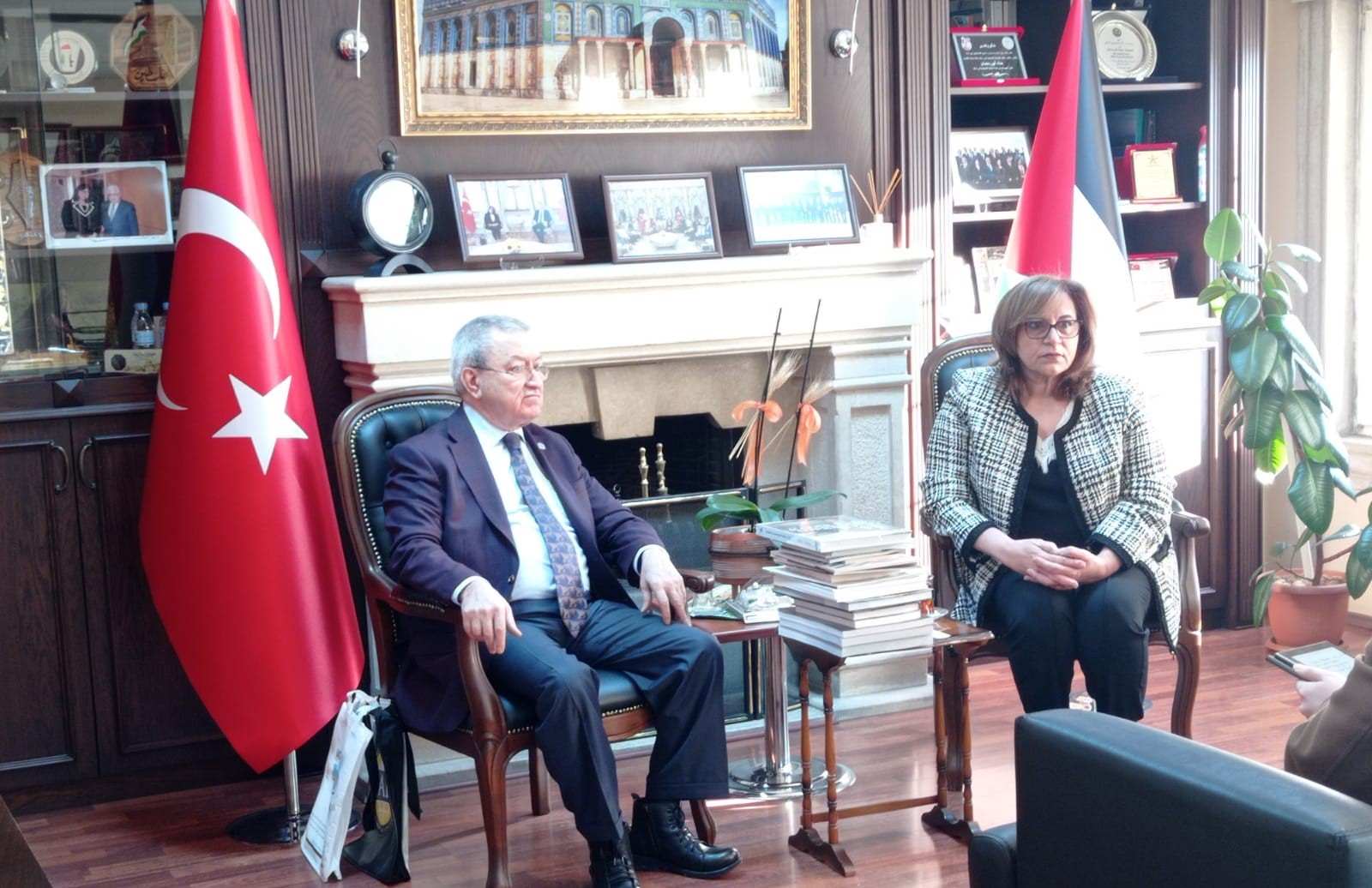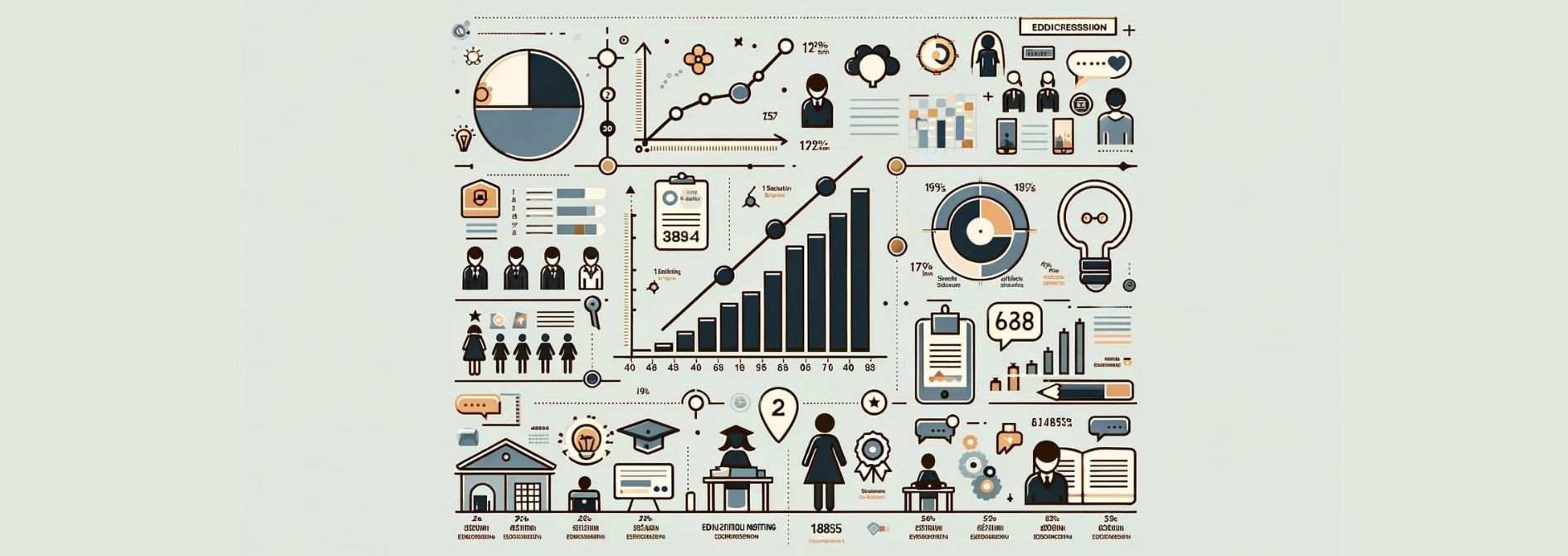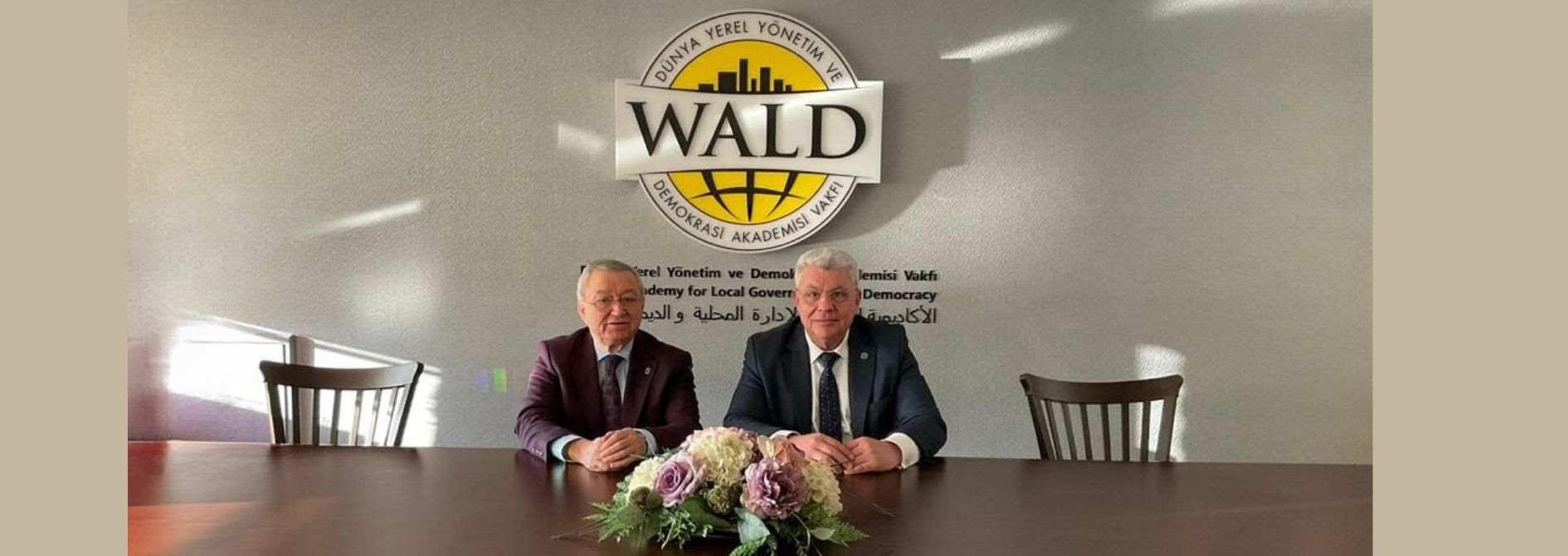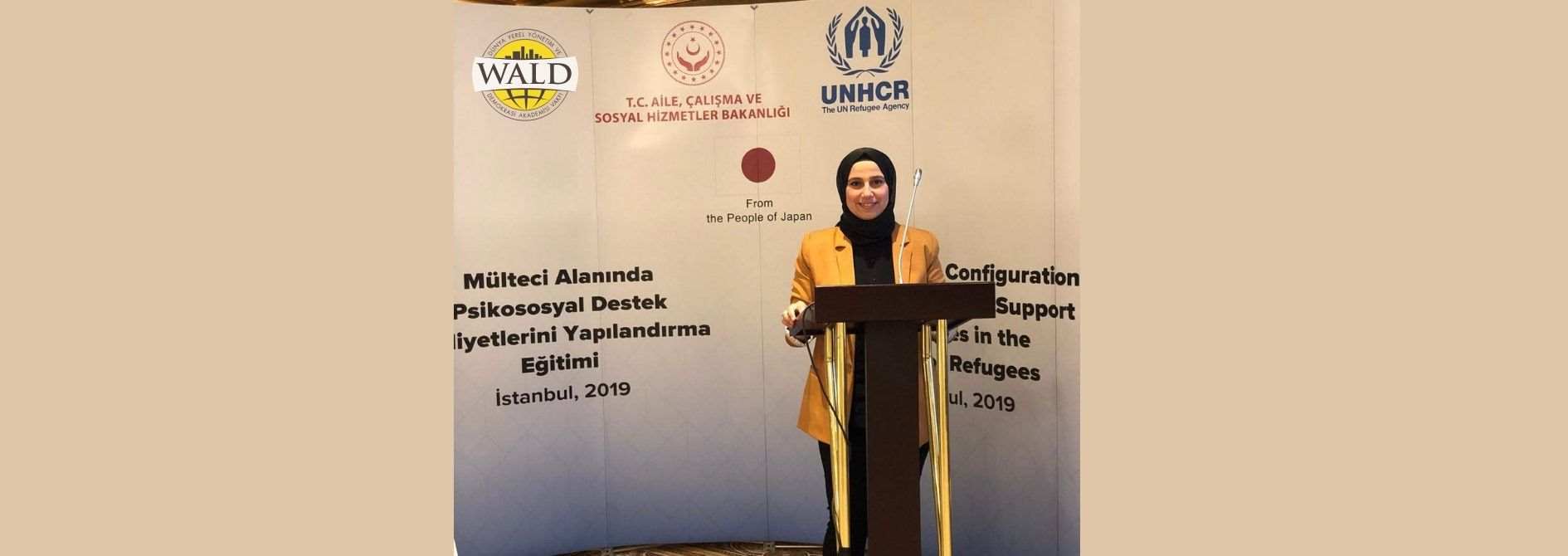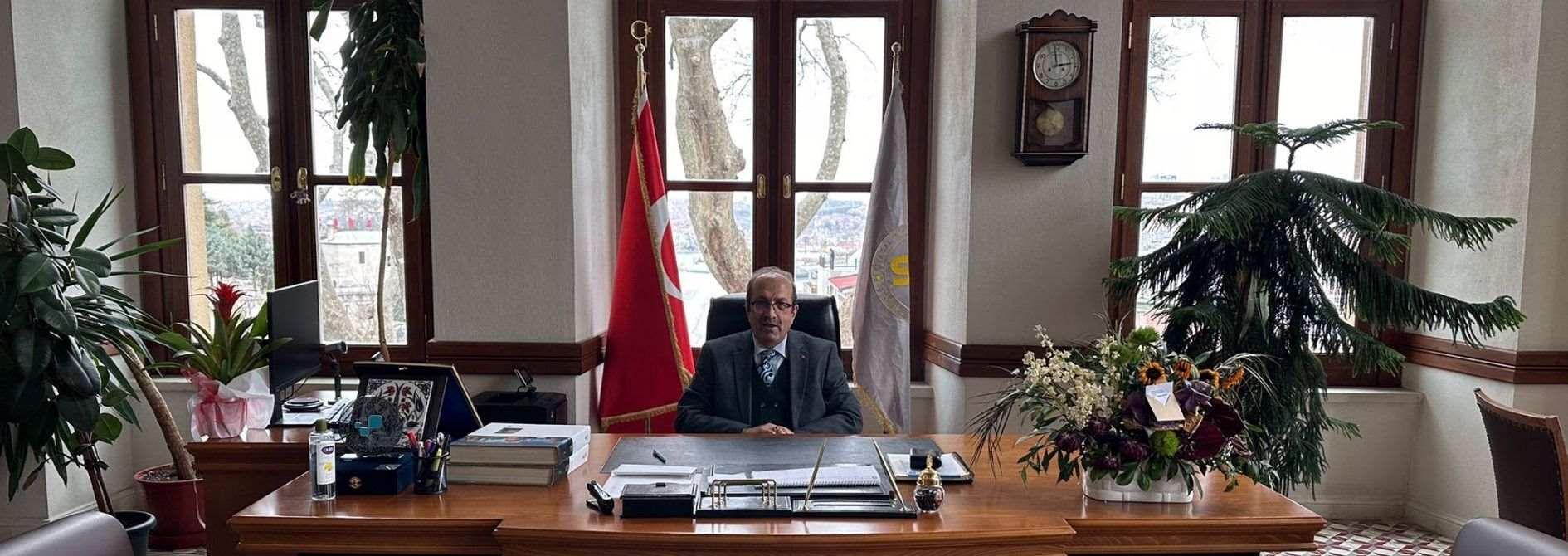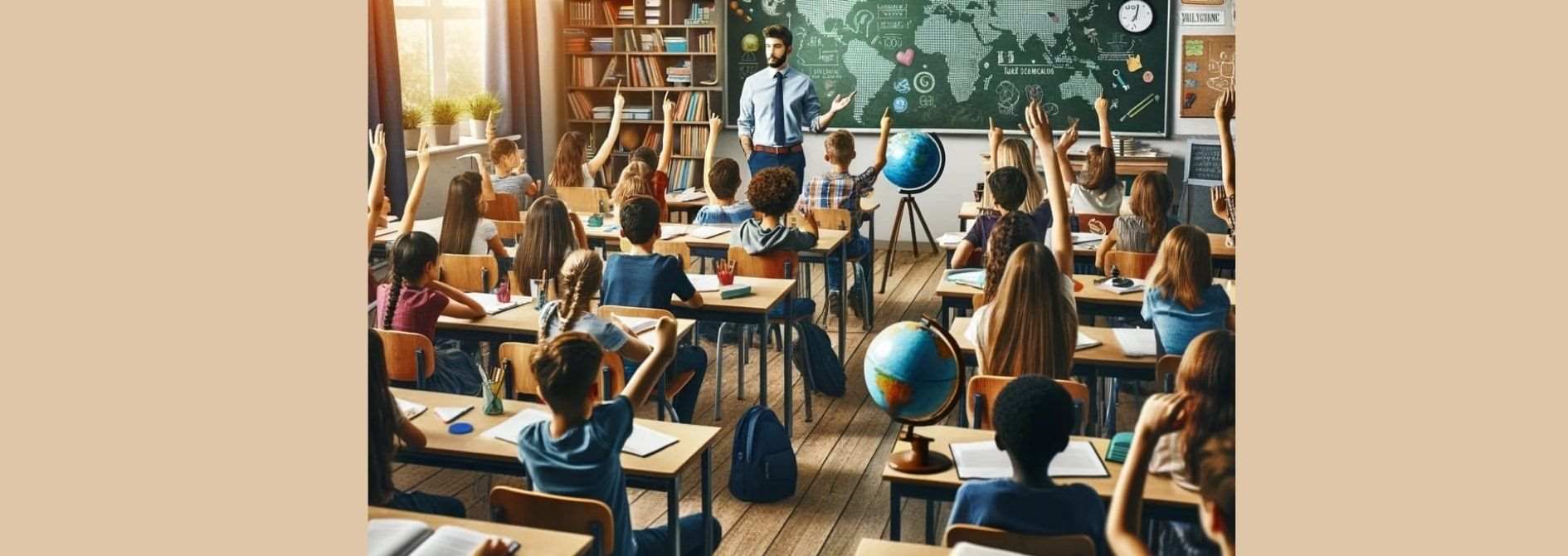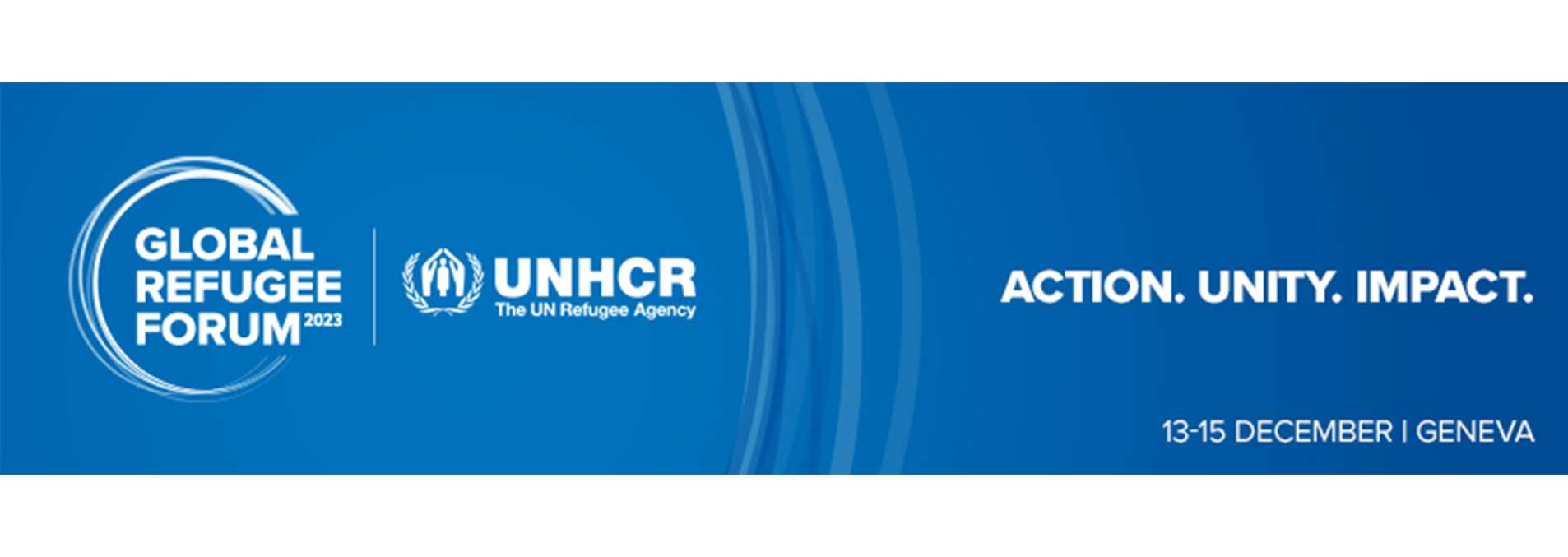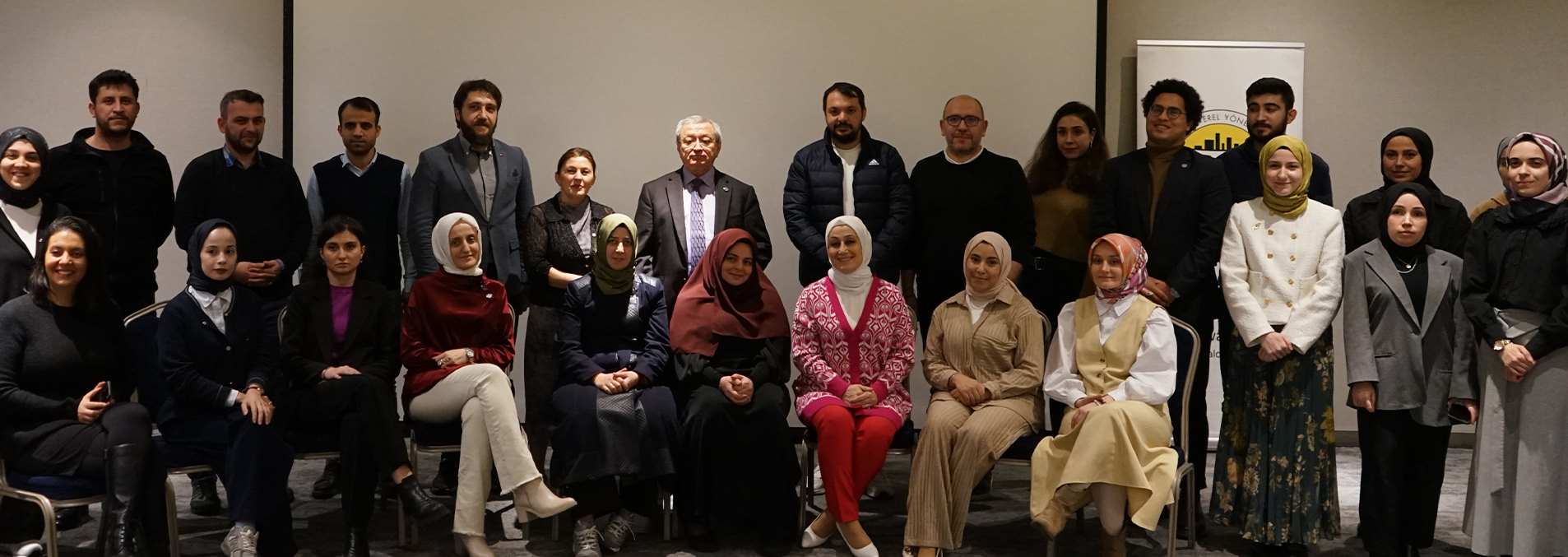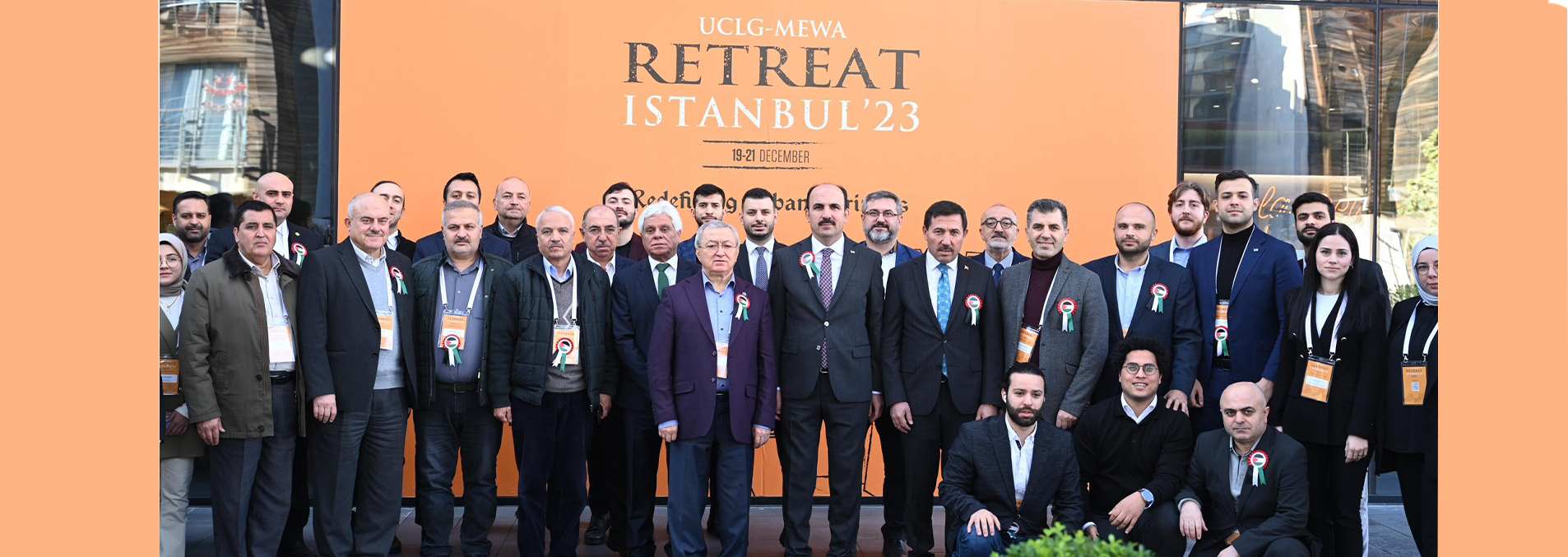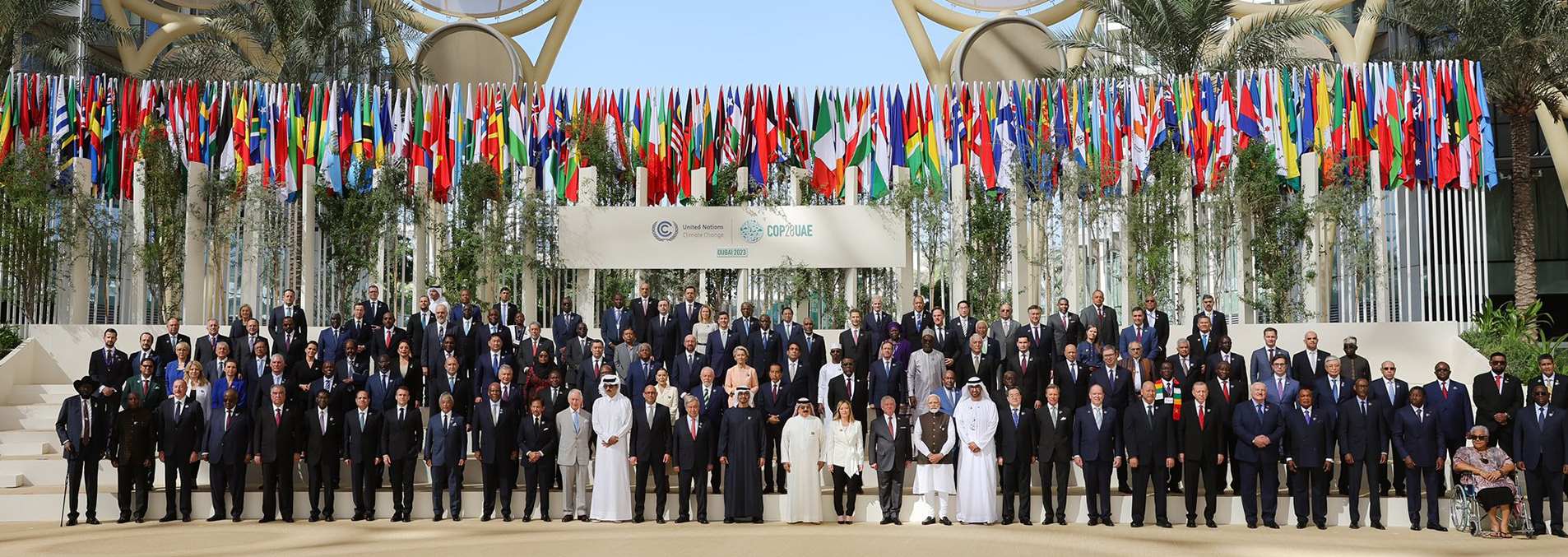Working Towards Sustainable Solutions…
The Coordination Platform Among Municipalities in the Field of Refugees was established under the leadership of the World Academy for Local Government and Democracy (WALD) Istanbul Academy and the United Nations High Commissioner for Refugees (UNHCR) in Istanbul in 2017. After the first workshop held in Istanbul on 21 December 2017 in partnership with WALD and UNHCR, the platform held the second workshop on 16 October 2018. The “Istanbul Declaration” published at the end of the workshop has determined the framework principles for the more coordinated provision of social cohesion and social protection services in the field of refugees among local governments.
The Coordination Platform, of which local governments and local government associations can be members and executives, provides an area where local governments can present examples of good practice in capacity building and information sharing, both among themselves and with international organizations, in order to establish effective cooperation in the field of refugees. The platform held its 4th workshop in February 2021 and at this meeting, the Istanbul Declaration was updated by discussing the developments since 2018, increasing the visibility and work of local governments in this area and the creation of new common demands and needs.
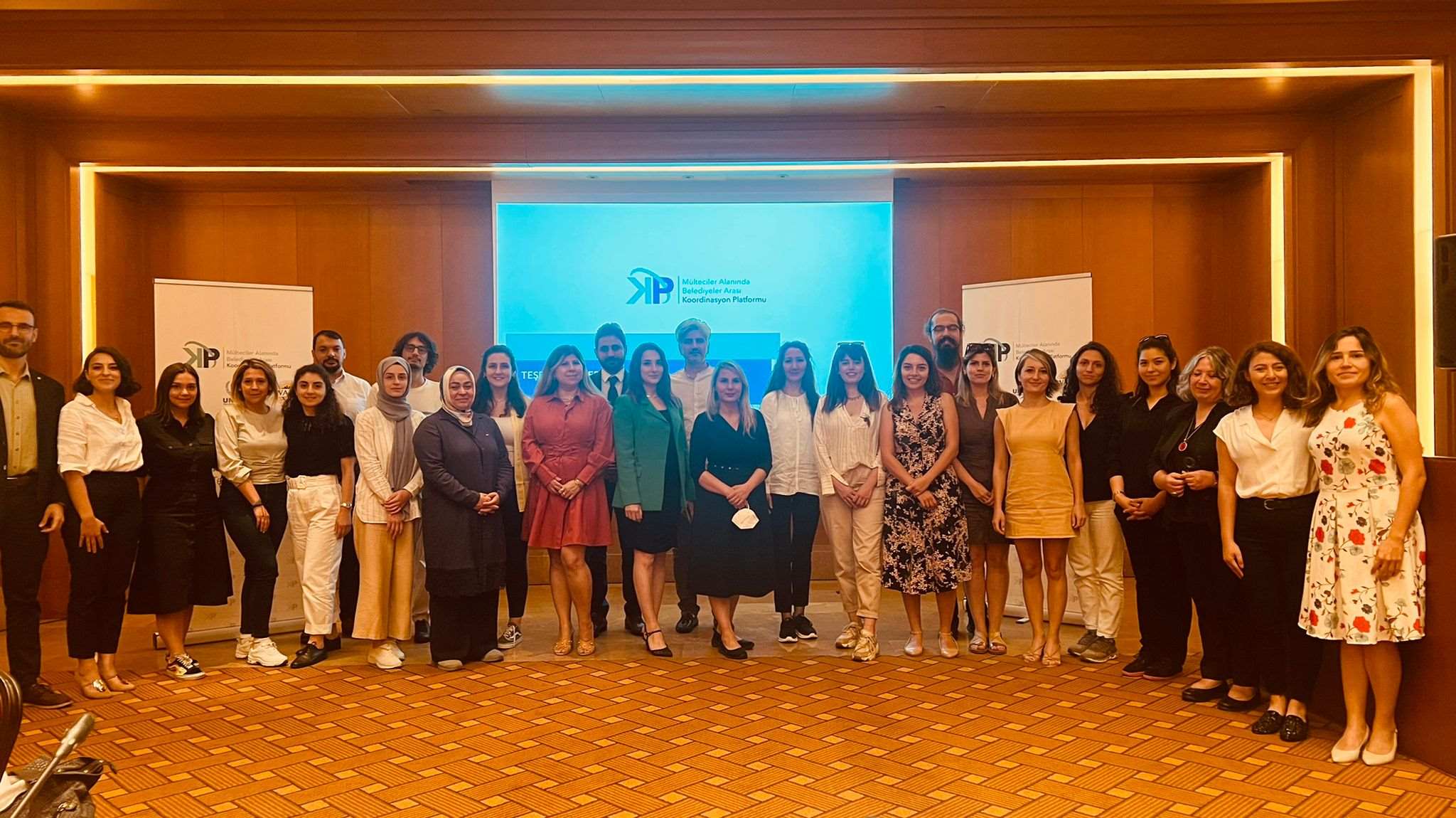
The 5th workshop of the “The Coordination Platform Among Municipalities in the Field of Refugees” where the strategies and policies developed for refugees in the Marmara Region to benefit from rights and services, access to their livelihoods and strengthen social cohesion were discussed, was held on 6 July 2022 in Istanbul. UNHCR Istanbul Head of Field Unit Lawyer Elif Selen AY in her speech expressed that “The coordination platform we established in 2017 was established at the request of the local government and people working in the field. The platform serves the purpose of sharing good practices, discussing problems, and increasing internal and external assistance to municipalities. We knew that municipalities demanded international funds, but there were some shortcomings in accessing funds. We are pleased to see that the work we have done since 2017 on this subject has yielded positive results.” AY ended her speech by saying that “We are getting ready to hold a big coordination meeting as we do every year, so we are gathered here today to do the architecture of the meeting to be held in the fall. Let's shape the autumn program together by finding answers to the questions of what topics should be discussed and what should be the priority issues.”
In the workshop where local government representatives from the Marmara Region and Istanbul showed great interest; the issues of social cohesion and access to livelihoods were discussed in two different sessions. In the first session under the theme of “Social Cohesion” following issues were discussed and viewpoints of local governments and the practices were evaluated: “Challenges and solutions you encounter in the field of social cohesion; activities that you observe have a positive impact on increasing social cohesion; what are the initiatives that have been taken so far but have not been effective or have not been taken for various reasons?; What are the challenges and needs in livelihood work and cooperation? What kind of work is being done to strengthen social cohesion in coordination with employment studies?”.
In the second session that access to livelihoods of refugees was taken up answers for the following questions were sought: “From which perspective should the issue of livelihoods be addressed; What percentage of the total works of municipalities on social cohesion and access to livelihoods constitute?; Can vocational training, language courses or municipalities strengthen employment?; Challenges faced by local governments in accessing livelihoods and what can be done?”.
The workshop which was held with intense participation from local government representatives ended with the decision for more support to local governments in social cohesion, access to livelihoods, local solutions, sharing good practices on a global scale, increasing institutional capacity and resilience.
